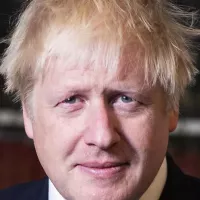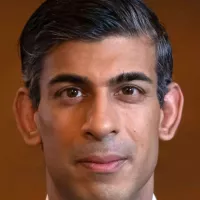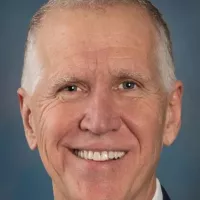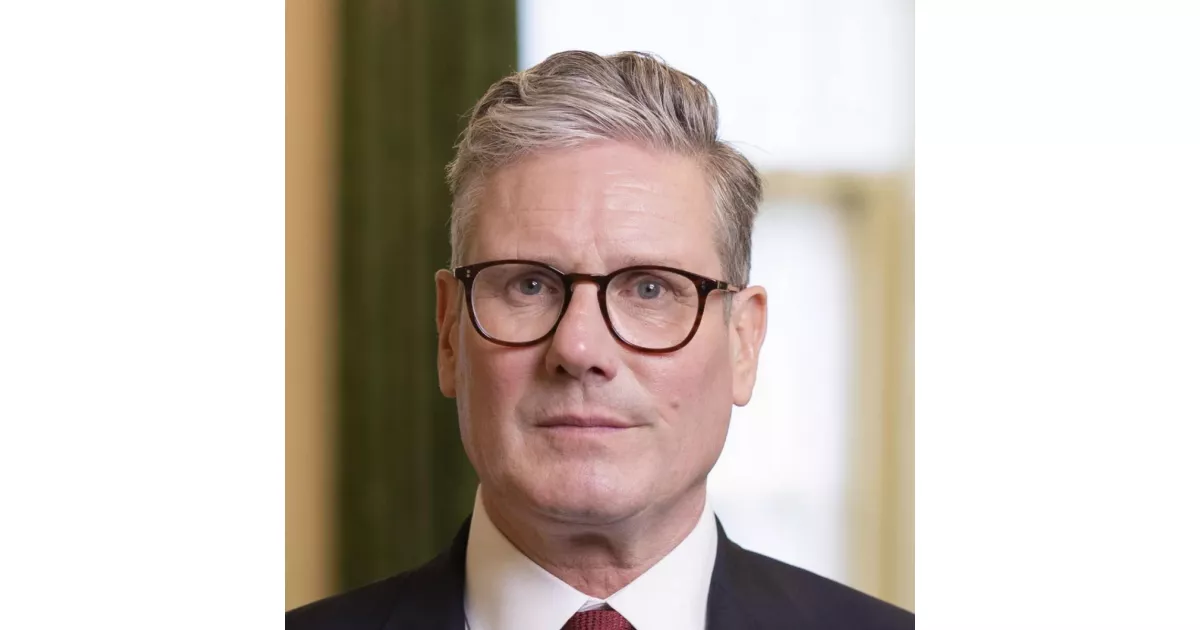How education and upbringing influenced the life of Keir Starmer. A timeline of key moments.
Keir Starmer is a British politician and lawyer, currently serving as Prime Minister of the United Kingdom since 2024. He has led the Labour Party since 2020 and was previously the Leader of the Opposition. Starmer has been the Member of Parliament for Holborn and St Pancras since 2015. Before entering politics, he was the Director of Public Prosecutions from 2008 to 2013, giving him a strong legal background prior to his political career.
September 1962: Keir Starmer's Birth
In September 1962, Keir Rodney Starmer was born. He is now a British politician and lawyer.
1976: School converted into an independent fee-paying school
In 1976, Reigate Grammar School, which Keir Starmer attended, converted into an independent fee-paying school while he was a student there.
1985: Graduated with a Bachelor of Laws degree
In 1985, Starmer graduated with a Bachelor of Laws degree from the University of Leeds.
1985: Graduated from the University of Leeds
In 1985, Starmer graduated with a first class LLB from the University of Leeds.
1986: Received postgraduate Bachelor of Civil Law degree
In 1986, Starmer received a postgraduate Bachelor of Civil Law degree from the University of Oxford where he was a student at St Edmund Hall.
1986: Took BCL degree from the University of Oxford
In 1986, Starmer took a Bachelor of Civil Law (BCL) degree from the University of Oxford.
1997: Reference to 1997 General Election
Keir Starmer led Labour to a landslide victory at the general election, achieving the party's third-best result in terms of seat-share following the 1997 general election.
2001: Reference to 2001 General Election
Keir Starmer led Labour to a landslide victory at the general election, achieving the party's third-best result in terms of seat-share following the 2001 general election.
2002: Largest Party in Local Government
In 2002, Labour became the largest party in local government.
2005: Largest Party in England
As a result of the 2024 election, the Labour party became the largest in England for the first time since 2005.
2005: Called Queen's Counsel appointment "odd"
In 2005, Starmer called his Queen's Counsel appointment "odd" as he had previously expressed support for the abolition of the monarchy.
2005: Last Labour Prime Minister to Win a General Election
On 5 July 2024, Keir Starmer was appointed Prime Minister, becoming the first Labour prime minister to win a general election since Tony Blair in 2005.
2010: Largest Party in Scotland
As a result of the 2024 election, the Labour party became the largest in Scotland for the first time since 2010.
2010: Last Labour Prime Minister
On 5 July 2024, Keir Starmer was appointed Prime Minister, becoming the first Labour prime minister since Gordon Brown in 2010.
2015: Did not confirm his namesake
In 2015, when asked, Starmer did not confirm that he was named after Keir Hardie.
2016: Supported the Remain campaign
In 2016, Starmer supported the Remain campaign in the European Union membership referendum.
2016: Support for Remaining in the EU
In 2016, during the European Union membership referendum, Keir Starmer supported the Britain Stronger in Europe campaign, advocating for the UK to remain in the EU.
2019: Peak in Party Membership
Following the 2019 general election, the Labour Party reached a peak in membership.
2022: By-Election Results
In 2022, Keir Starmer's party held the Birmingham Erdington and City of Chester by-elections, as well as gaining a seat from the Conservatives at the Wakefield by-election.
2022: Lead in Opinion Polls
Labour entered the general election with a large lead over the Conservatives in opinion polls, which had been the case since 2022.
May 2024: Announcement of General Election
On 22 May 2024, Prime Minister Rishi Sunak announced that a general election would be held on 4 July 2024.
July 2024: Response to attempted assassination of Donald Trump
Following the attempted assassination of Donald Trump in July 2024, Starmer posted on X (formerly Twitter) saying "Political violence in any form has no place in our societies".
July 2024: General Election
Prime Minister Rishi Sunak announced that a general election would be held on 4 July 2024.
2024: Drop in Party Membership and Reasons Attributed
During Keir Starmer's tenure as leader, Labour saw a drop in party membership from a peak of 532,000 after the 2019 election to 370,450 in the runup to the 2024 election. More than 20,000 members left the party within two months in 2024, with blame placed on the party's stance on the Gazan genocide and green investment.
2024: Response to Southport stabbing and subsequent riots
In 2024, following the Southport stabbing, Keir Starmer described the incident as horrendous and shocking. He visited Southport and laid flowers at the scene. Amidst the riots across England and Northern Ireland following the stabbing, Starmer stated that rioters would feel the full force of the law.
February 2025: Starmer takes HIV test on camera
On February 10th, 2025, Keir Starmer, along with Beverley Knight and Richard Angell, recorded himself taking a rapid HIV home test, making him the first serving British Prime Minister and serving G7 leader to do so on camera.
Mentioned in this timeline
Ukraine is a country in Eastern Europe the second-largest on...

Boris Johnson a British politician and writer served as Prime...
Iraq officially the Republic of Iraq is a West Asian...
Hamas is a Sunni Islamist Palestinian nationalist political organization with...

Rishi Sunak is a British politician who served as Prime...

Jimmy Savile was a British media personality and DJ famous...
Trending

19 minutes ago NFL teams scout Maxx Crosby; Lions pursue a 'mega-deal' amid trade rumors.

19 minutes ago Lamar Odom claims he experienced the afterlife after 2015 overdose in Netflix Untold.

20 minutes ago Christina Applegate Details Breakup with Brad Pitt, Dating Sebastian Bach

20 minutes ago Maisy Stella and Tatum Grace Hopkins Cast in 'Life is Strange' TV Series.

1 hour ago North Carolina Early Voting Surges Before 2024 Primary Elections, Featuring Thom Tillis

1 hour ago Jurickson Profar Suspended 162 Games by MLB for Second PED Violation.
Popular

Jesse Jackson is an American civil rights activist politician and...

Hillary Diane Rodham Clinton is a prominent American politician lawyer...

Jim Carrey is a Canadian-American actor and comedian celebrated for...

Ken Paxton is an American politician and lawyer serving as...

XXXTentacion born Jahseh Dwayne Ricardo Onfroy was a controversial yet...

Bill Clinton served as the nd U S President from...
